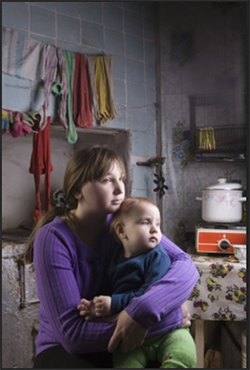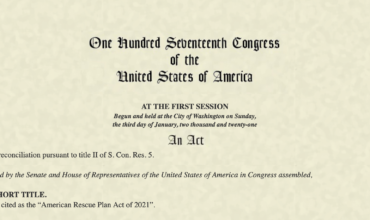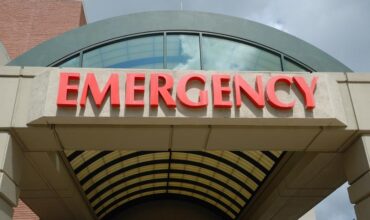Wyoming lawmakers tend to talk about Medicaid expansion in economic terms: How much will it cost? Will it help cash-strapped rural hospitals? How much will Wyoming receive in federal funds?
Lawmakers talk less about the health impacts for people who would gain coverage under the program, and the fatal consequences of continuing to block these folks’ access to healthcare.
Unsurprisingly, just about every credible study on Medicaid expansion finds favorable outcomes for people’s health when they gain access to treatment.
Among these favorable outcomes: saving people’s lives.
Reports over the years have contained different numbers in terms of exactly how many people in Wyoming die each year because they can’t afford to go to the doctor.
But every single report comes to the same basic conclusion: Our Wyoming neighbors are dying because they can’t access medical treatment.
A slow killer
Anyone can go to the hospital in an emergency (even though, for uninsured people, an ER visit can result in mountains of medical debt).
The real killer, when it comes to a lack of healthcare access, works slowly.
- Minor medical issues spiral into larger problems over the course of years when people can’t afford prescriptions or treatment.
- A person without insurance stays home and hopes a nagging pain isn’t something serious, even if it is.
- Ailments like diabetes eat away at people’s bodies when they’re forced to choose between buying medicine and paying rent.
- People who can’t afford mental health treatment are left to “tough it out” even as their lives collapse around them.
Meanwhile, a robust body of research paints a clear picture about the ways Medicaid expansion improves health and prevents death.
One study by the National Bureau of Economic Research found that, from 2014 – 17, Medicaid expansion saved the lives of nearly 20,000 American adults aged 55 to 64. In Wyoming, this is one of the main age groups that would qualify for coverage under Medicaid expansion.
Meanwhile, roughly 16,000 people this age died prematurely because of states’ decisions not to expand Medicaid. A portion of those people are buried in Wyoming.
The study found that:
- Medicaid expansion dramatically increased the number of prescriptions people filled for heart disease, mental health, and other chronic conditions. There was a corresponding decrease in low-income adults skipping medications they can’t afford.
- People with new insurance under Medicaid received more cancer screenings, allowing doctors to find symptoms early on and begin life-saving treatment. Other studies have found similar increases in screenings for heart and liver disease and similar lifesaving results.
- People addicted to opioids received more medically assisted treatment, decreasing overdoses and other harms from substance abuse.
Saving mothers

A variety of life-threatening conditions endanger new mothers, and Wyoming has among the nation’s worst maternal mortality rates.
Two-thirds of the people in Wyoming who would qualify for coverage under Medicaid expansion are single mothers.
Numerous studies find that Medicaid expansion improves maternal health among low-income women, in large part because they’re simply more likely to return to the doctor after giving birth.
“Expansion significantly increases access to and utilization of healthcare for pregnant women and mothers,” the Kaiser Family Foundation notes.
Roughly two-thirds of the people in Wyoming who would qualify for coverage under Medicaid expansion are single mothers.
The other major demographic in Wyoming that would receive new access to care are folks just shy of retirement age. Many of these people have chronic illnesses that prevent them from holding jobs with benefits.
For both groups of people—new mothers and the nearly retired—gaining access to healthcare via Medicaid would improve their health and, in many cases, quite literally save their lives.




